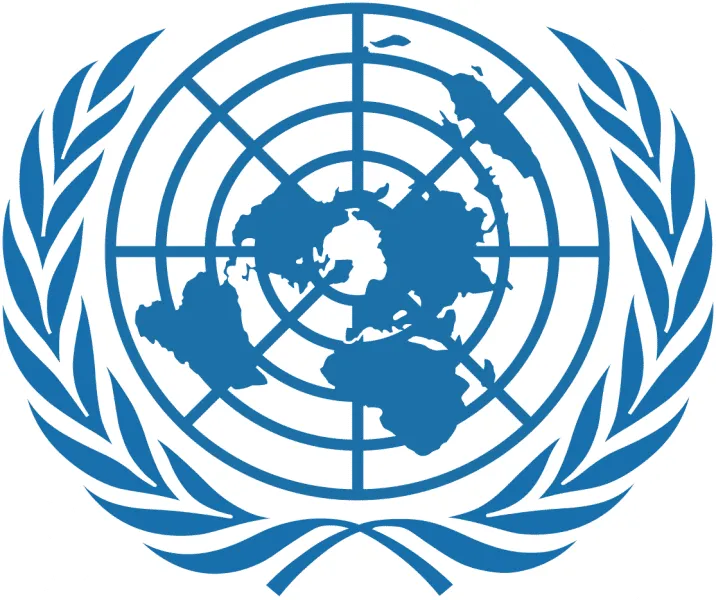The February 14 massacre in Ngarbuh in the North West region has once more ignited the debate on the safety of civilians in the face of the ongoing war.
While the act has been widely condemned, other bodies are calling for increased protection in their respective fields.
Yesterday, Doctors Without Borders called on stakeholders in the ongoing war to respect the rules of engagement and restrain from harming medical personnel or engaging in health premises.
The UN on its part has highlighted the need to enhance the protection of the civilian population.
In a press statement, four UN officials – the special representative of the SG for children and armed conflicts, special representative of the SG on sexual violence in conflict, special representative of SG on violence against children and the special adviser on the prevention of genocide – say extra judicial killings, torture and all sorts of crimes have forced many to flee their homes.
“Children continue to be particularly affected by the crisis with reports of attacks on schools, extensive school closure in the affected regions and thousands of children out of school” they note.
With hundreds of thousands already displaced, the four UN officials say “it is urgent to prevent further violence and it is important to protect all women, boys, girls and men from grave international humanitarian and human rights law”.
In the is light, they ” urge the government of Cameroon to ensure full respect of human rights including the rights of women and children and to ensure that the humanitarian needs of civilians are met”.
“We remind the government that children associated with armed groups should be considered primarily ad victims and their detention used only as a last resort and for the shortest period of time” they add.
Despite the several interventions rendered by human rights groups and international bodies, the Cameroon government has remained resolute in its fight, and has since been accused of several rights Violations including the Ngarbuh massacre of over 35 including pregnant women and children.
MMI



